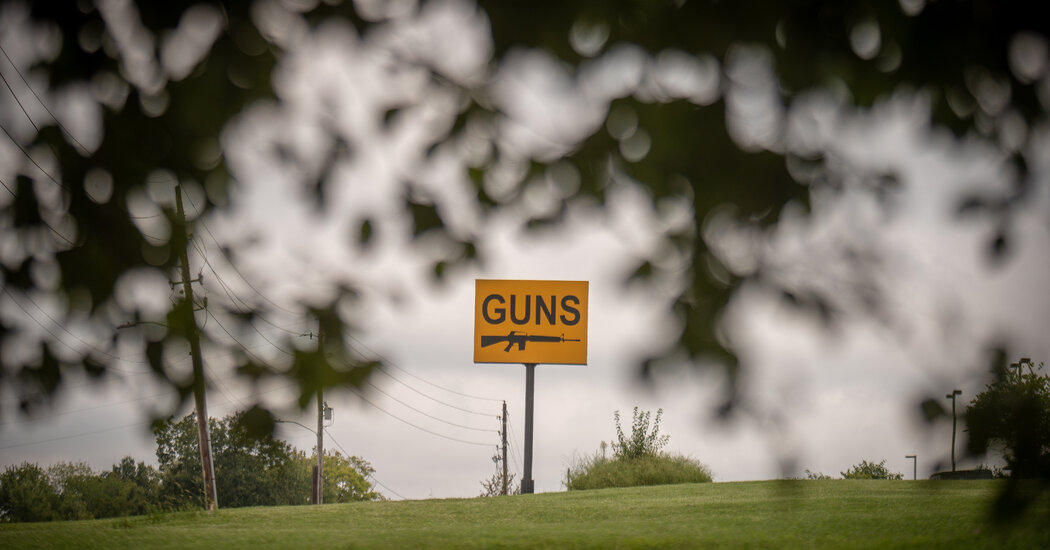Some of those consequences were detailed in the Justice Department’s affidavit.Nearly a quarter of state and local law-enforcement officials who wo
Some of those consequences were detailed in the Justice Department’s affidavit.
Nearly a quarter of state and local law-enforcement officials who work directly with the federal Bureau of Alcohol, Tobacco, Firearms and Explosives — 12 of 53 officers — have withdrawn from joint task force collaborations. State and local agencies have also begun to restrict federal access to investigative resources, including the Missouri Information Analysis Center, a state crime database, and the Kansas City Police Department’s records system.
The police department in Columbia, home to the flagship campus of the University of Missouri, went so far as to disconnect from a national database of ballistics on weapons and ammunition recovered at crime scenes, A.T.F. officials reported.
The law, “has caused, and will continue to cause, significant harms to law enforcement within the state of Missouri,” wrote Brian M. Boynton, the acting head of the Justice Department’s civil division.
A Show of Force
The fight in Missouri began about a decade ago, with a backlash against a backlash.
After the 2012 massacre at Sandy Hook Elementary School in Connecticut, President Barack Obama proposed a series of gun-control measures, which culminated in a failed effort in Congress to expand background checks on gun buyers.
The counterreaction by Republican-controlled state legislatures has been more sustained, and more successful.
The federal government has the constitutional authority to enact national gun legislation, but the gun lobby and congressional Republicans have stymied almost all major initiatives after an assault-weapons ban enacted in the 1990s was allowed to expire in 2004.
The most powerful regulatory tool in Washington’s arsenal — the national background check system for gun buyers — is administered directly by the F.B.I. through licensed local gun dealers, and is beyond the states’ reach. But Republican-controlled legislatures have vastly expanded access to gun ownership in recent years and blocked even limited restrictions, like Democratic proposals for local “red flag” laws intended to keep firearms out of the hands of people who pose a danger to themselves or others.
www.nytimes.com
